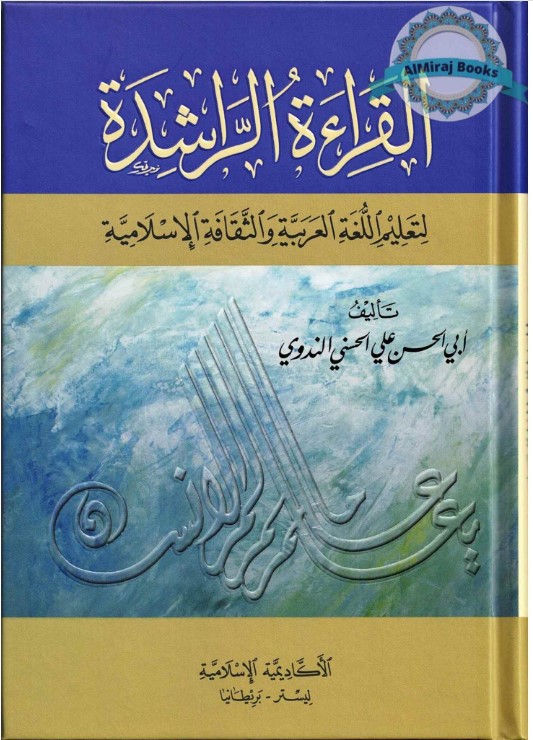Quranic References to Predatory Animals and Food Chains
The Holy Quran contains a rich repository of verses that reflect the natural world and its complex systems. Among these, the role of predatory animals and food chains is subtly but profoundly highlighted. These references not only demonstrate Allah’s intricate design of ecological balance but also serve as metaphors and lessons for humanity. This article explores how the Quran acknowledges the existence, purpose, and wisdom behind predators and food chains in the grand scheme of life.
Predatory Animals in the Quranic Narrative
Lions and Strength
The lion, although not mentioned by name, is symbolized in Quranic descriptions of strength and dominance, often reflected in stories of prophets and nations. These references showcase the lion’s traits as analogies for leadership, courage, or overwhelming force.
Wolves and Deception
The story of Prophet Yusuf (Joseph, A.S.) includes a mention of the wolf when his brothers concoct a story that a wolf devoured him. This highlights the wolf as a symbol of cunning and deception, though it also reflects its natural predatory role in the food chain.
Dogs and Guarding
In Surah Al-Kahf, the Companions of the Cave are accompanied by a dog that guards them. While dogs can be hunters, their reference in this context illustrates loyalty and protection, adding depth to their role among predatory creatures.
Balance in Nature: Quranic View on Ecosystems
Every Creature is Part of a Community
Surah Al-An’am (6:38) says, “There is not a creature on earth or a bird that flies with its wings but are communities like you.” This verse underlines that predators are not anomalies but integral members of natural communities.
Predation as Divine Order
Predatory behavior is not portrayed as evil but as part of Allah’s planned order. These natural roles ensure ecological balance, like controlling populations and maintaining biodiversity.
Purposeful Creation
The Quran emphasizes that nothing is created in vain (Surah Sad 38:27). Predators play a role in sustaining life cycles, and their presence is a reflection of divine purpose and balance.
Lessons from Animal Behavior in the Quran
Adaptability of Creatures
Animals adapt for survival—lions stalk prey, and eagles swoop from great heights. These natural instincts are part of Allah’s wisdom and can serve as metaphors for patience and strategic thinking.
Survival and Risk
Predators take risks for survival. These behaviors reflect the constant struggle of life and the fine balance between risk and reward—an idea relevant to human challenges as well.
Coexistence Despite Conflict
Even in predation, there exists a system that avoids chaos. Prey and predator populations rise and fall in balance. This dynamic coexistence serves as a reflection of how conflicting elements can coexist under divine harmony.
The Chain of Provision: Allah’s System of Sustenance
Food Chains as Rizq Distribution
Allah is the provider (Ar-Razzaq), and through food chains, He distributes provision across species. Predatory animals receive their rizq through hunting, just as other creatures receive theirs in different ways.
Interconnectedness of Life
Predators depend on prey, which in turn depend on vegetation, which grows through rain and sunlight—each link is part of Allah’s integrated design.
Sacrifice for Continuity
In every hunt, the life of one sustains the life of another. This echoes the Quranic principle of sacrifice being essential for growth, provision, and continuity.
Predation as a Form of Natural Balance
- Predators prevent the overpopulation of prey, maintaining ecosystem health.
- Food chains reflect Allah’s attribute of Al-Muqsiṭ (The Just), with balance in every layer of creation.
- Predation supports evolution and survival of the fittest, helping strengthen species over time.
- These roles ensure sustainability and prevent environmental collapse, as no species can dominate unchecked.
Symbolic Use of Predators in Quranic Morals
- The wolf in Yusuf’s story symbolizes false blame and hidden agendas.
- Hunting animals are used metaphorically to teach about trust and betrayal.
- Birds of prey often signify divine control and observation from above.
- Predators are symbols in parables to illustrate human traits like greed or ambition.
Implications for Environmental Responsibility
- Recognizing predators as vital encourages conservation efforts.
- Quranic references guide Muslims to respect all creatures, not just the harmless ones.
- The food chain awareness promotes ethical treatment of animals, especially in farming.
- These teachings can inspire balanced wildlife management policies in Muslim-majority regions.
Predators and Divine Wisdom in Life Lessons
- Predators teach humans about resilience and struggle in daily life.
- Their patience and precision are reflections of Tawakkul (trust in Allah) paired with effort.
- The system of predation serves as a sign (ayah) of Allah’s knowledge and mastery.
- Humans are reminded not to fear the predator but to reflect on the wisdom behind its creation.
Conclusion
The Quran invites believers to reflect deeply on the signs within creation, including the often-feared predators and the invisible networks of food chains. These creatures, rather than symbols of violence, are proofs of divine wisdom and justice. At Muhammadan Quran School, we delve into such insightful Quranic topics through our online Quran classes for children and adults, making learning engaging and meaningful for all ages.













